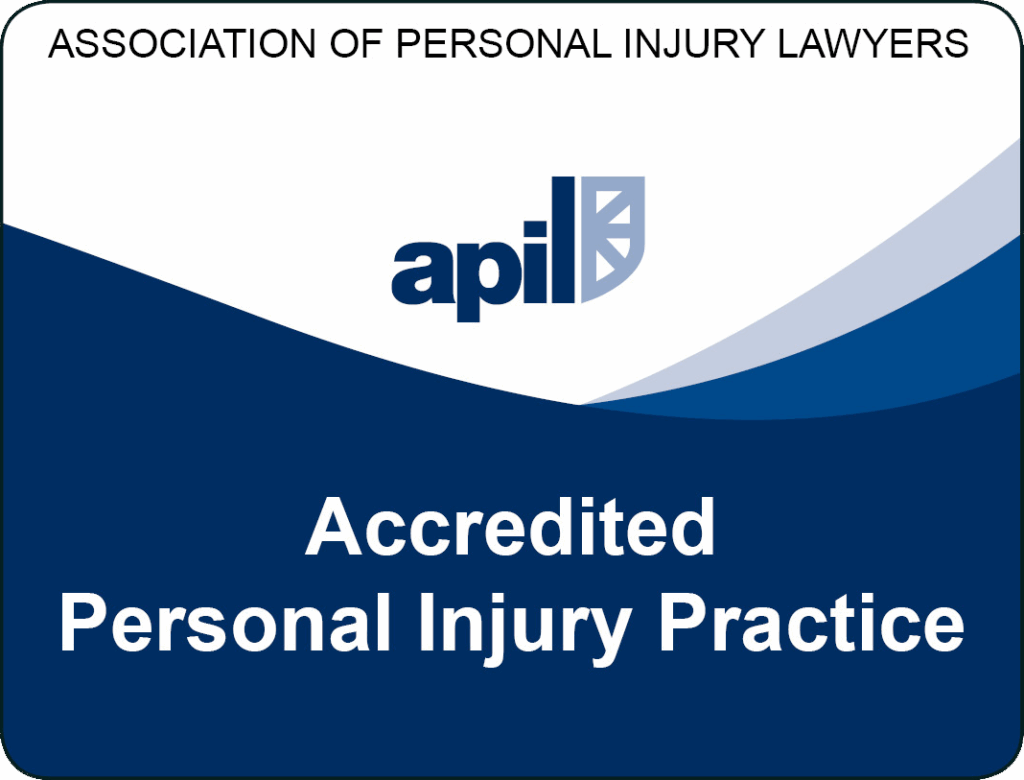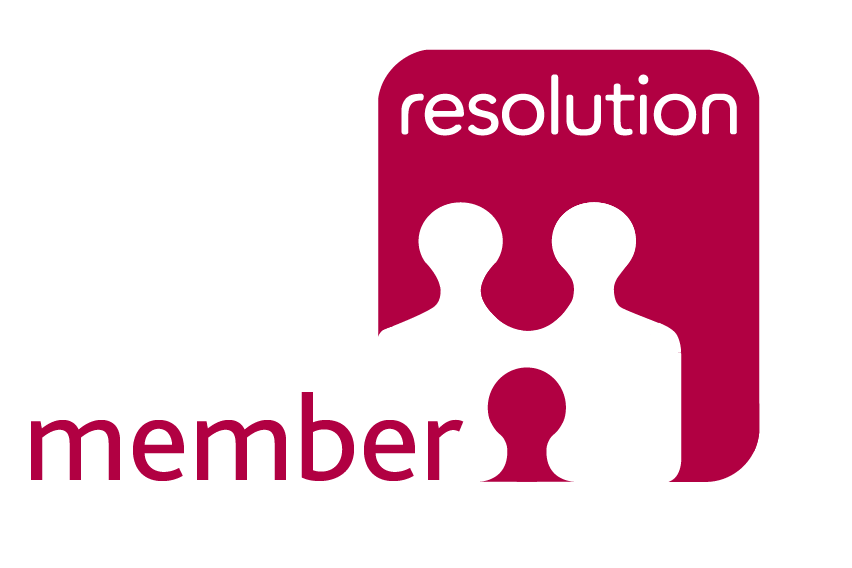Understanding Settlement Agreements
When an issue arises during an employment relationship, one solution is to enter into a Settlement Agreement (formerly known as a Compromise Agreement). This is a legally binding agreement which prevents an employee from making a claim against their employer in return for a compensation payment.
Myth#1
Settlement Agreements are only used when employment is ending
No. In fact, a Settlement Agreement can be used to compromise claims which arise during employment and do not necessarily result in the termination of the employment. For example, a one-off act of discrimination or a pay issue.
Myth#2
My employer has to pay for me to take advice on the Settlement Agreement
There is no legal obligation for an employer to pay for the employee’s costs of legal advice upon the Settlement Agreement. However, the agreement is not binding unless an employee has taken advice upon its terms and effects. So it’s in the employer’s interests to contribute towards the employee’s legal costs, to ensure that advice is taken and the agreement is valid.
Myth#3
All of the compensation that I receive will be tax free
Sums that the employee was entitled to under their contract, which relate to past or future service or otherwise result from the employment, are taxable just like earnings. Non-contractual payments (eg an ex-gratia payment or compensation for unfair dismissal) received in connection with termination are tax-free up to £30,000. However, amounts above this are subject to tax and from 6 April 2019, employer National Insurance Contributions (NICs).
Myth#4
I can receive a payment in lieu of notice as part of a tax-free settlement sum
Unfortunately, this was not always the case and certainly has not been since 6 April 2018. Where the employee does not work some or all of their notice, a portion of the termination compensation (except any statutory redundancy payment) which is equivalent to the basic pay that would have been due for the notice period (or remainder) is subject to tax and NICs.
Myth#5
I can tell people that I have signed a Settlement Agreement and received compensation
Most Settlement Agreements contain confidentiality obligations that specifically prevent employees from discussing their terms and even their existence. However, there are usually exceptions e.g. immediate family, enabling an employee to take legal or financial advice. Also an employee cannot be prevented from making a protected disclosure (aka whistleblowing).





